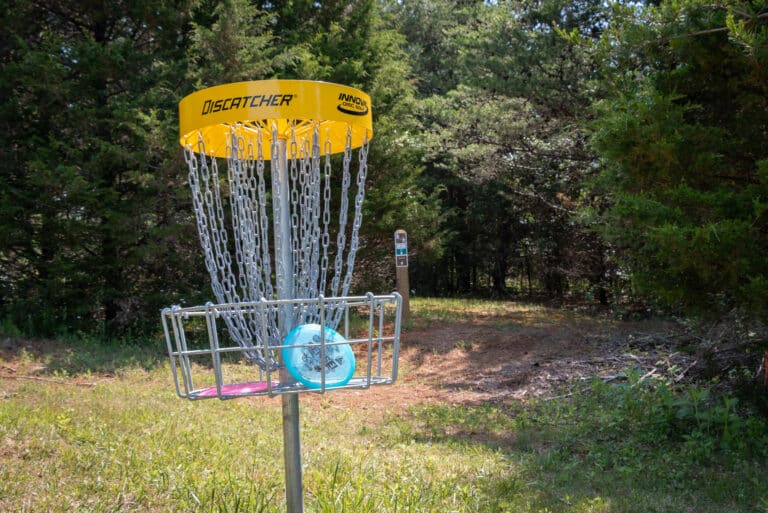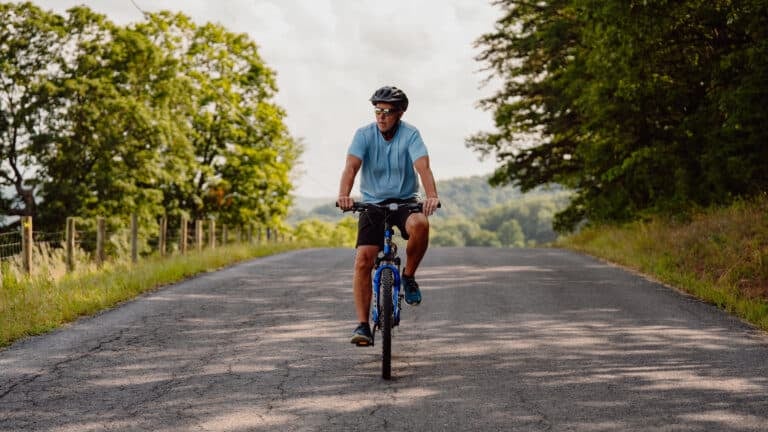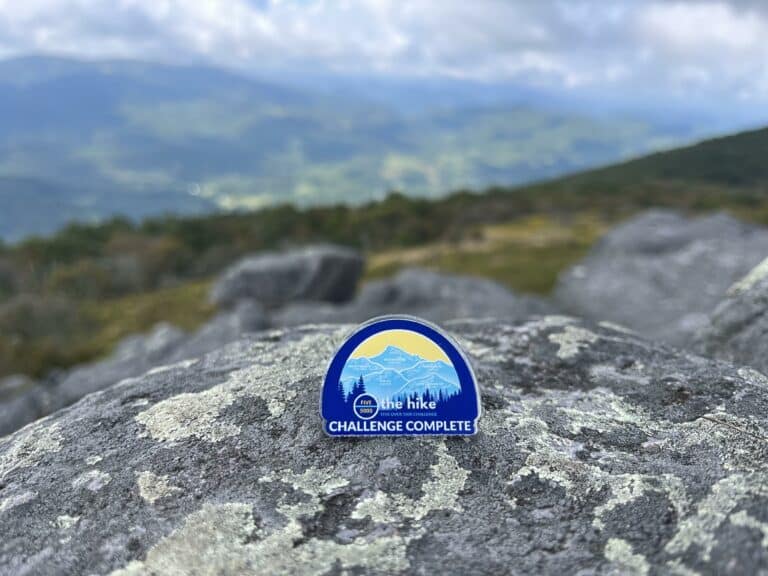Loved to death. That was the case with my first pair of Roclite 285s, a shoe that I destroyed after a year of use and a couple hundred collective miles of trail traveled underfoot. The shoe — lightweight and flexible, with a sole of small sticky-rubber teeth—proved to be flexible, fast, and sure-footed on trail runs, at orienteering meets, and in a half-dozen adventure races I competed in over a season.
That was three years ago. The mesh uppers on my first pair eventually blew out. The sole started to come apart. I’m now on my fourth pair of 285s, which have not proven to be the most durable shoes ever made. But they do happen to be my favorite.
Indeed, of the dozens of trail-running shoes I have tested over the years, the Roclite 285s, which are a neutral-position, unisex shoe made by Inov-8 Ltd., fit the best and perform admirably across a spectrum of terrain. From sprints on trails to orienteering off-trail in the woods, the $95 shoes have rarely let me down.
This is a niche product. Not everyone will like the minimalist feel. In my size 13, the Inov-8 285s weigh just 11.8 ounces per shoe. (This is a third less weight than comparable models.) There is a low-profile midsole and almost no heel padding. You can feel the ground, rocks and all, beneath your feet. Protection on the front of the shoe from stubbing toes is almost non-existent.
Further, for running on roads, these shoes are usually out. For me, they are too minimal to be used for training on pavement.
But in the mountains or woods, the “elite trail and adventure racing shoe,” as the company calls it, feels like an extension of my anatomy. Each ground strike of the shoe is precise. There is no heel-to-toe roll at all. The sticky rubber and tread grip rocks, dirt and mud (though it slips, like most all rubber-sole shoes, on snow, ice, and wet sticks, leaves, and fallen logs).
The “natural” feel of the 285s can be credited partially to Inov-8’s unique sole design, which includes rubber channels or “fingers” that replicate the plantar fascia ligament in the foot. The design is touted to increase stability of the arch area, which in turn increases “the propulsive efficiency of the shoe.”
Sounds gimmicky, I know. But the 285 has proven solid in my years of hard use. The company markets its fascia-band design as a feature that can add efficiency and reduce fatigue. For me, it works. The shoe feels faster and more natural than anything else I have laced up and experienced underfoot.
—Stephen Regenold writes about outdoors gear at www.gearjunkie.com.








